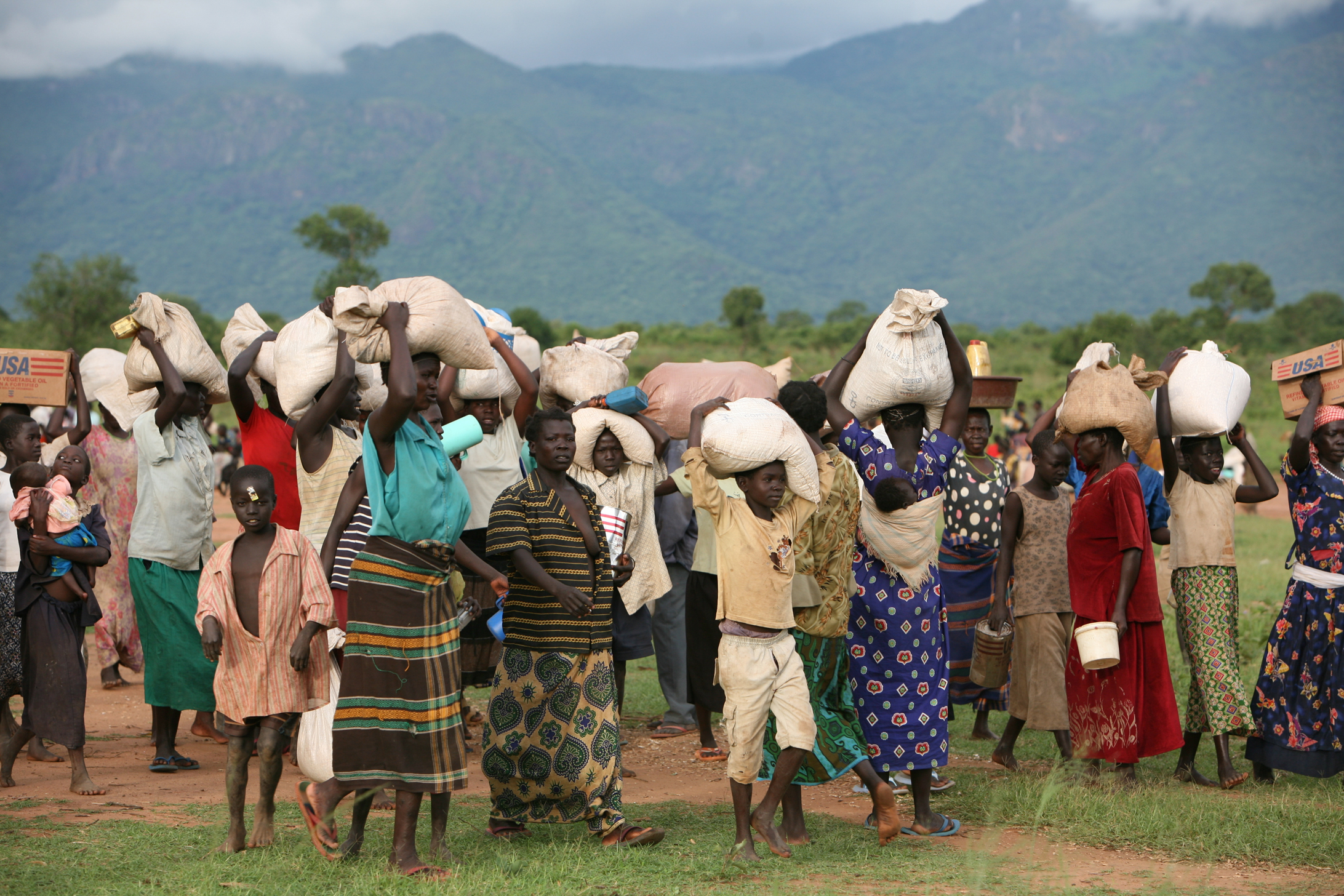Armed conflict, poverty, alcohol abuse and cultural attitudes are responsible for the high incidence of domestic violence in Ugandan communities, according to a report presented to parliament by jurists.
Some 92 percent of 6,000 people surveyed by the Uganda Law Reform Commission reported some form of domestic violence was taking place in their communities.
The highest levels were recorded in northern Uganda, which is struggling to emerge from more than two decades of conflict between the rebel Lord’s Resistance Army and government troops. From 1996, the Ugandan government moved much of the north’s population into crowded “protected villages”.
“Over-congestion in the camp makes people put up with other people’s bad behaviour, which includes fighting. The situation here is of fear, suspicion and jealousy. All these encourage domestic violence because we are over-congested. We also have a problem of ignorance … we do not know our rights and duties,” a displaced person in Pabbo camp of Gulu district said in the report.
The report cited several types of domestic abuse, including sexual violence, drunkenness, psychological torture, confiscation of property, physical and bodily harm, adultery, use of abusive language, nagging and marital rape.
The commonest form of domestic violence reported was physical abuse and child abuse, including beating, torture, biting and stabbing, which accounted for 36 percent of the respondents, while 25 percent was psychological abuse and alcohol abuse. Some incidences have resulted in loss of life.
Cultural attitudes
In some parts of the country, the violence appears to be entrenched in cultural traditions that do not allow for the concept of a woman’s lack of consent to sexual intercourse. The report noted that under ‘akikamuni’ or ‘atokore’, a marital custom in the Karamoja region, if a woman rejects a man, “when you find her you wrestle her and force her into sexual intercourse. This can happen anywhere, even in a public place. The purpose of the act is to extract consent.”
“The culture here connotes that a women is there to be ruled and not a partner in marriage,” an attorney in Kabale district in southwestern Uganda said.
In Gulu district, there is a belief that to be a “true married wife” a woman should have lost a tooth as a result of being battered by her husband.
The report also cites the custom of paying a “bride price” at marriage as another potential source of abuse, since it reinforces the idea that men have “proprietary rights over their wives”. A fear of having to return the “bride price” keeps many women trapped in unhappy marriages.
Trouble with the law
The law is not much help in cases of abuse, according to the report. Richard Lumu, a Kampala-based lawyer specialising in family matters, said Uganda lacks specific legislation on domestic violence, something the Uganda Law Reform Commission would like to change.
The report quotes an ordeal of a police officer who was found in Gulu and narrated to the researchers an incident while he was still working in Moroto. A woman who had been severely beaten by her husband and had sustained serious injuries that rendered her unconscious was admitted in Mataany Hospital. However, as soon as she regained consciousness, she marched straight to the police station and accused the police officers of trying to break up her marriage by locking up her husband.
“She went on to say that she found nothing wrong with her husband having beaten her especially since he was her husband after all! She left the police officers perplexed because at the end of the day she was the would-be principal witness in the case,” the report states, adding that the imprisonment or fine does not only affect the abuser -who is usually the breadwinner - but the rest of the family as well.
The report further notes that the attitudes of judges and judicial officers and their response to domestic violence often frustrates battered women because the perpetrators may be treated leniently.
vm/am/sr
This article was produced by IRIN News while it was part of the United Nations Office for the Coordination of Humanitarian Affairs. Please send queries on copyright or liability to the UN. For more information: https://shop.un.org/rights-permissions





